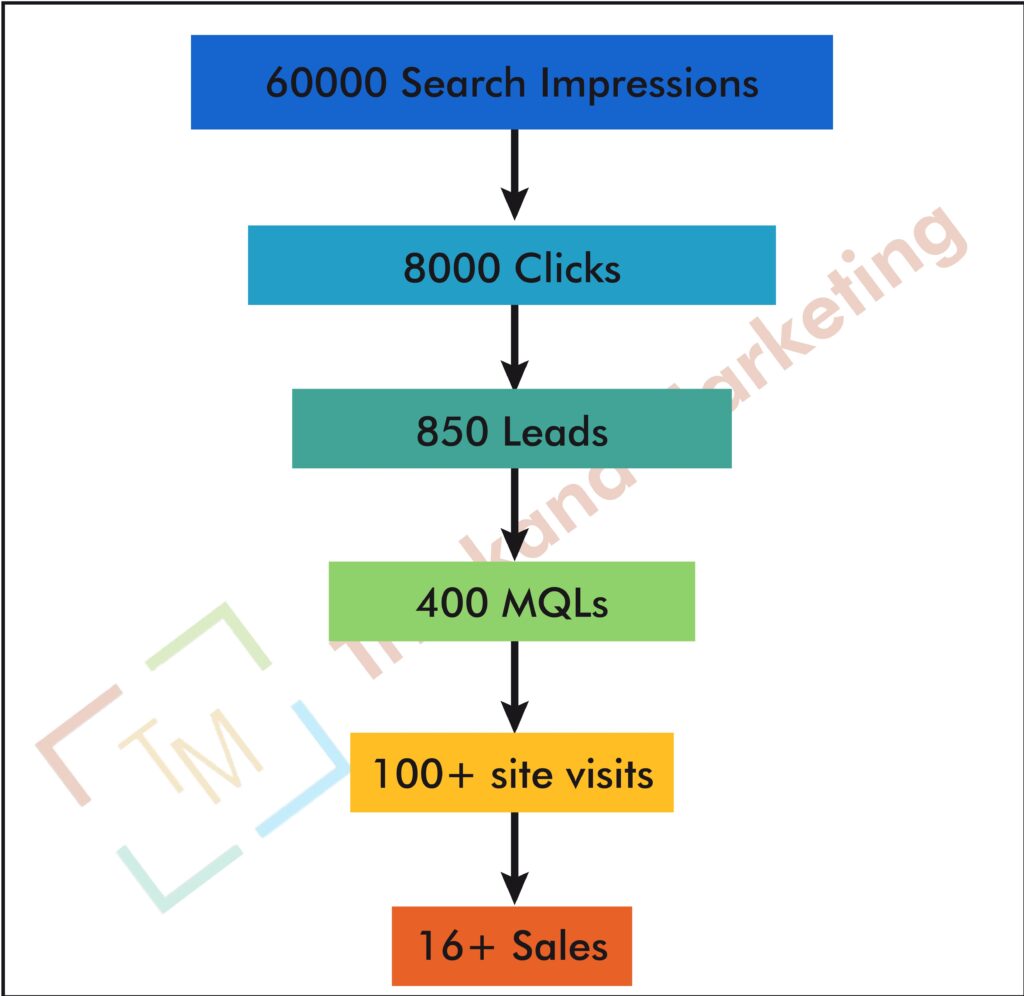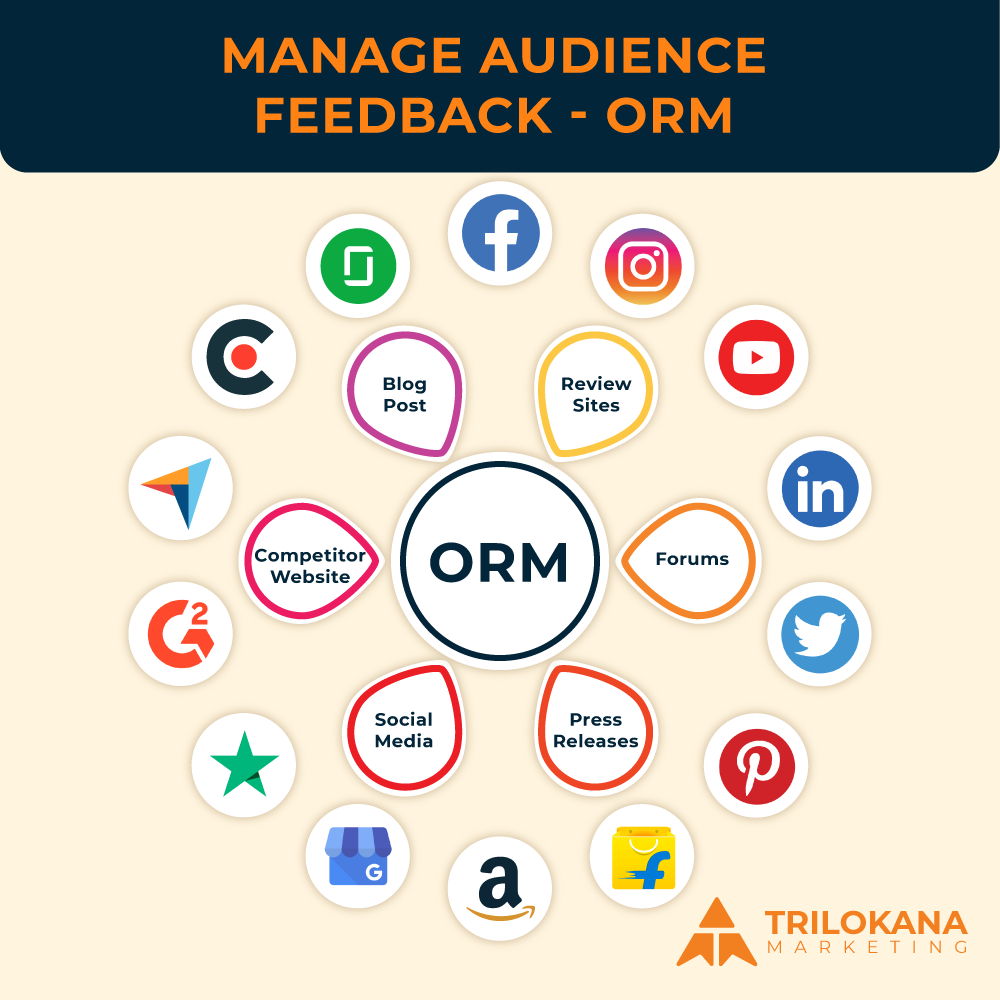In today’s hyper-competitive market, personalization is not just a trend—it’s a necessity. Customers expect brands to understand their needs and deliver tailored experiences that resonate with them. This shift has led to the rise of Artificial Intelligence (AI) as a critical tool in personalizing customer experiences. AI’s ability to analyze vast amounts of data, predict customer behavior, and automate personalized interactions has made it a game-changer for businesses looking to enhance customer satisfaction and loyalty.
This article delves into the pivotal role of AI in personalizing customer experiences, exploring how businesses can harness AI to meet and exceed customer expectations.
- Understanding AI-Driven Personalization
- The Concept of Personalization in Modern Marketing : Personalization involves tailoring content, products, and interactions to individual customer preferences. With the rise of digital channels, customers now expect personalized experiences at every touchpoint, from emails and social media to website interactions.
- How AI Enhances Personalization: AI enhances personalization by using data to create detailed customer profiles, enabling businesses to deliver relevant content and recommendations. Machine learning algorithms can analyze past behaviors, predict future actions, and adjust marketing strategies in real-time, making personalization more accurate and scalable.
- Image Suggestion:
- A diagram showing how AI collects and analyzes customer data to personalize experiences across various channels.
- AI-Powered Customer Segmentation
- Moving Beyond Demographics: Traditional customer segmentation relied heavily on demographics like age, gender, and location. AI takes this further by analyzing behavioral data, such as purchase history, browsing patterns, and social media activity, to create more nuanced customer segments.
- Dynamic Segmentation with AI: AI enables dynamic segmentation, where customer segments are continuously updated based on real-time data. This allows businesses to adapt their strategies to changing customer preferences and behaviors, ensuring that marketing efforts remain relevant and effective.
- Image Suggestion: An infographic comparing traditional demographic-based segmentation with AI-powered dynamic segmentation.
- Personalized Content and Product Recommendations
- AI in Content Personalization: AI-driven content personalization involves delivering the right content to the right audience at the right time. By analyzing user behavior, AI can predict what content will resonate with each customer, leading to higher engagement and conversion rates.
- Product Recommendations Powered by AI: AI algorithms can analyze a customer’s browsing and purchase history to recommend products they are likely to buy. These personalized recommendations not only enhance the shopping experience but also increase sales and customer satisfaction.
- Image Suggestion: A visual example of a personalized product recommendation engine, showing suggested products based on a user’s browsing history.
- AI-Driven Customer Journeys
- Mapping the Customer Journey with AI: AI can map out customer journeys by analyzing interactions across multiple channels. This provides insights into the most effective touchpoints and helps businesses optimize the customer journey for a seamless experience.
- Predictive Analytics for Anticipating Customer Needs: Predictive analytics, powered by AI, allows businesses to anticipate customer needs before they arise. By analyzing past behavior and identifying patterns, AI can predict what a customer is likely to do next, enabling proactive engagement and support.
- Image Suggestion: A flowchart illustrating an AI-driven customer journey map, highlighting key touchpoints and decision-making moments.
- Real-Time Personalization with AI
- The Importance of Real-Time Interactions: In the digital age, timing is everything. Real-time personalization ensures that customers receive relevant content and offers exactly when they need them, increasing the likelihood of conversion.
- AI-Powered Tools for Real-Time Personalization: AI tools like chatbots, recommendation engines, and dynamic content platforms enable businesses to deliver real-time personalization at scale. These tools can instantly adapt to customer interactions, providing a personalized experience in the moment.
- Image Suggestion: A screenshot of a real-time AI-powered chatbot interacting with a customer, showcasing its ability to provide personalized responses instantly.
- Enhancing Customer Support with AI
- AI in Customer Service
- AI is revolutionizing customer support by enabling personalized interactions through chatbots and virtual assistants. These tools can handle routine inquiries, freeing up human agents to focus on more complex issues.
- Tailoring Support Experiences: AI can tailor support experiences by analyzing a customer’s past interactions and preferences. This allows for more personalized and efficient support, leading to higher customer satisfaction and loyalty.
- Image Suggestion: An illustration of a virtual assistant providing personalized support to a customer, highlighting AI’s role in enhancing the support experience.
- Ethical Considerations in AI Personalization
- Privacy Concerns: With great power comes great responsibility. AI-driven personalization requires access to personal data, raising concerns about privacy and data security. Businesses must ensure that they handle customer data responsibly and transparently.
- Avoiding AI Bias: AI algorithms can sometimes exhibit bias, leading to unfair treatment of certain customer segments. It’s crucial to regularly audit AI systems to ensure that personalization efforts are fair and inclusive.
- Image Suggestion: A graphic depicting the balance between personalized experiences and data privacy, symbolizing the ethical considerations of AI in marketing.
- Case Studies: AI in Action
- Case Study 1: E-Commerce Personalization: Explore how an e-commerce giant used AI to personalize product recommendations, resulting in increased sales and customer retention.
An e-commerce giant harnessed AI to personalize product recommendations, transforming the shopping experience for its customers. By analyzing user behavior, purchase history, and browsing patterns, AI algorithms generated tailored product suggestions that resonated with individual preferences. This personalized approach led to increased customer satisfaction, higher conversion rates, and boosted sales. The AI-driven recommendations also helped customers discover new products they might not have found otherwise, enhancing their overall shopping journey. This innovative use of AI highlights the power of personalization in driving customer engagement and success in the competitive e-commerce landscape. - Case Study 2: AI-Powered Content Personalization: Discuss how a media company leveraged AI to deliver personalized content to its audience, leading to higher engagement and subscriber growth.
A media company leveraged AI to deliver personalized content, significantly enhancing audience engagement and driving subscriber growth. By utilizing AI algorithms, the company analyzed user data, including viewing habits, reading preferences, and interaction history. This allowed them to segment their audience more effectively and deliver tailored content recommendations that aligned with individual interests.
The AI-driven personalization extended across various platforms, including websites, mobile apps, and newsletters, ensuring that each user received content that was relevant to them. As a result, users spent more time engaging with the platform, and content consumption rates soared.
Moreover, the personalized experience led to a deeper connection between the audience and the brand, fostering loyalty and encouraging more users to subscribe. The company’s success in using AI to personalize content demonstrates how technology can be a powerful tool in creating a more engaging, user-centric media experience, ultimately driving business growth and sustainability. - Image Suggestion: Visuals showing before-and-after metrics or user feedback from the AI-driven personalization strategies implemented by these companies.
- Case Study 1: E-Commerce Personalization: Explore how an e-commerce giant used AI to personalize product recommendations, resulting in increased sales and customer retention.
- The Future of AI in Personalization
- Emerging AI Technologies: As AI continues to evolve, new technologies such as augmented reality (AR) and voice assistants are expected to further enhance personalization. These technologies will enable even more immersive and tailored customer experiences.
- Preparing for the Future: Businesses must stay ahead of AI trends and continuously adapt their personalization strategies to leverage new technologies. By doing so, they can maintain a competitive edge and continue to meet the evolving expectations of their customers.
- Image Suggestion: A futuristic image showing potential AI-driven personalization technologies, like AR-enhanced shopping experiences or AI-powered voice interactions.
AI is redefining what it means to deliver a personalized customer experience. From dynamic segmentation and real-time interactions to AI-driven customer journeys and support, the possibilities are vast and transformative. By embracing AI, businesses can create more meaningful and satisfying experiences for their customers, leading to stronger relationships and sustained success.
As we look to the future, the role of AI in personalizing customer experiences will only grow, offering new opportunities for businesses to connect with their customers in more profound and impactful ways.



